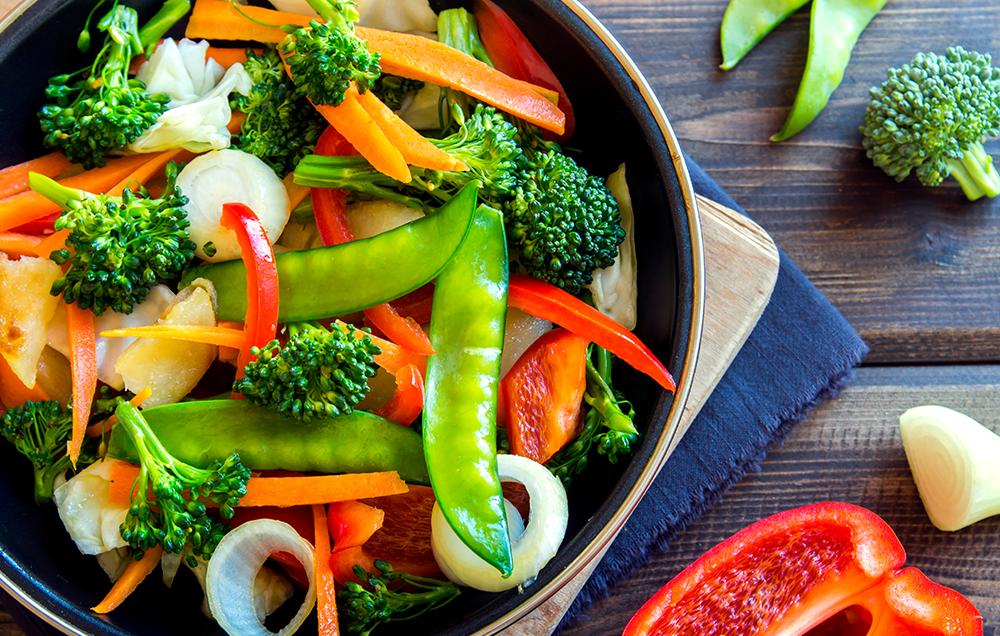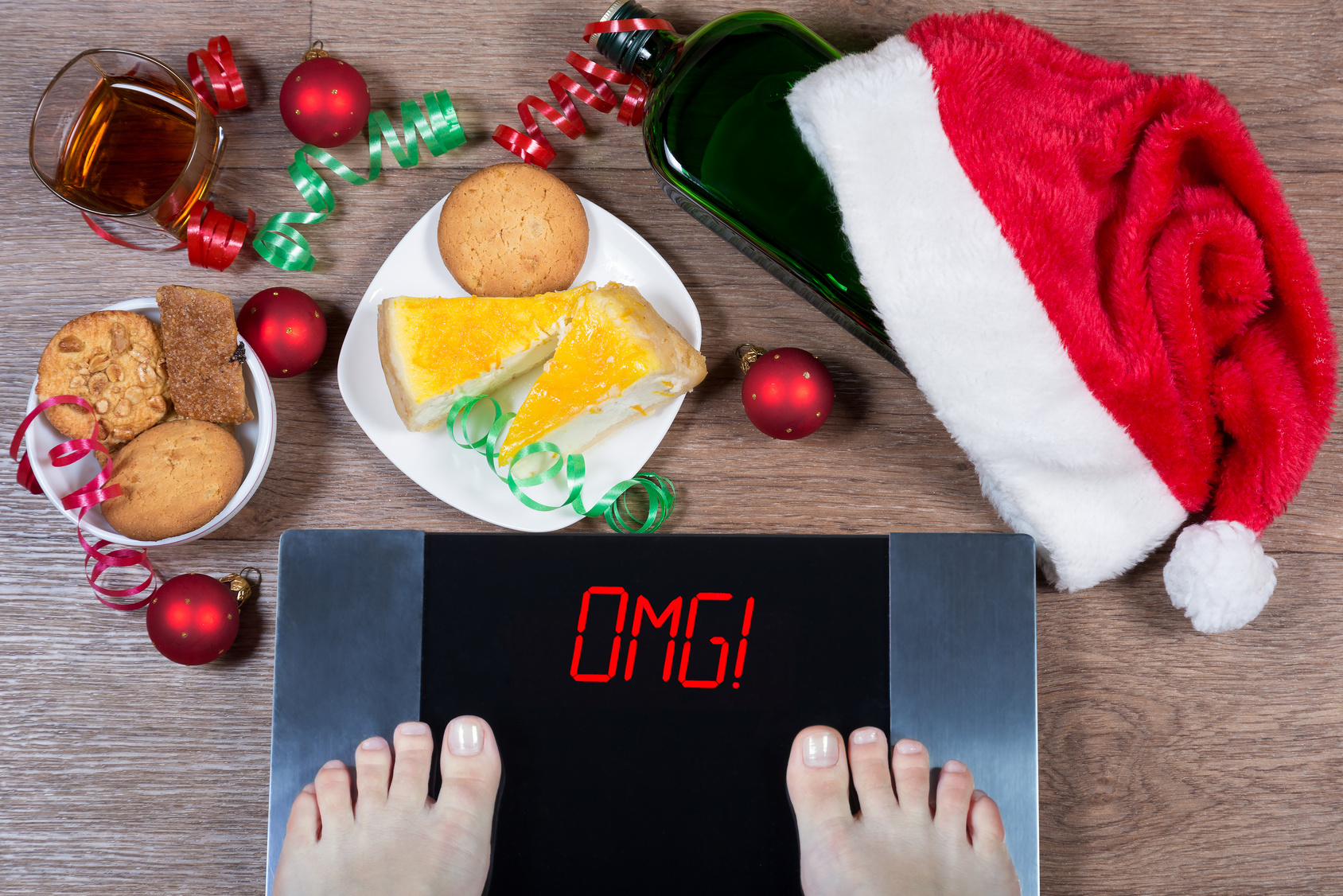
Gastric bypass surgery is a great option for many reasons. But there are some potential problems. Anastomotic leakage (or leakage) can lead to infection or abscess. Small leaks can be repaired with drains. You should not eat or drink until the leaks are sealed. Another risk is the formation and spread of blood clots.
Laparoscopic Roux-en-Y gastric bypass
Laparoscopic Rouxen en-Y gastic bypass surgery is one of most commonly performed bariatric surgeries. It is associated to greater weight loss and a higher success rate over other procedures. This surgery involves creating a small pouch to block food from entering the stomach. Patients suffer from a loss in their appetite and early feelings of satisfaction.
Gastric sleeve
Gastric sleeve and bariatric surgery come with many risks. Although these complications are uncommon, they do occur. Gastric leakage can be a serious risk. Gastric leakage can cause an increase in heart rate, pain in the abdomen and back, and even death. It may also lead to infection and even death. It will depend on the severity of the leak.

Band erosion
Gastric band erosion can result in serious complications after gastric bypass surgery. This condition often requires a reoperation. Sometimes the surgeon will have to remove the band using a laparoscopic procedure. This is a condition that will take time for the upper stomach and other weight loss procedures to be successful. There are several options to replace the band if it is damaged. Other options include gastric bypass, sleeve surgery and gastrectomy.
Leakage
Bariatric surgery may cause leakage. Although this can happen in any surgery, it is more common after gastric bypass. A surgeon can identify leakage by taking an Upper GI series and determining the location of the leak. There are two options for treating fluid leakage: drainage or antibiotics.
Slippage
Gastric banding is a safe procedure that can be performed with great success. However, patients sometimes experience severe complications. Later complications following gastric bandsing include complete dysphagia or slippage. Three patients with slippage received medical treatment in one study. Two of these patients succumbed to severe dehydration. One patient was diagnosed with cerebral venous ischemia, and the other one had ischemia in the gastric pouch. The three patients with perigastric inflammation survived.
Infection
Wound infection after bariatric treatment can be serious. While it can occur after any type of surgical procedure, the risk of infection is higher in obese patients. It can cause tissue death and widespread infection if left untreated. To prevent infection, patients should carefully follow all instructions after surgery. Infections can usually be treated with antibiotics.

Scarring
Patients who have undergone bariatric surgeries can expect to leave scarring at the incision sites. These scars can be temporary but should be allowed time to heal. It is vital to maintain good hygiene in order to prevent infection. It is important that patients follow all instructions from their surgeons regarding bathing. Smoking can also slow down healing and increase the possibility of infection. It is possible to stop smoking before bariatric surgery. This will help reduce scarring. A good way to reduce the appearance and severity of scarring is to keep your skin hydrated.
FAQ
Is intermittent fasting affecting my sleep quality?
Yes, intermittent fasting can impact your sleep. If you skip meals, your hunger hormones will increase. You might find yourself awakened at night due to your hunger hormones.
Experts suggest skipping breakfast. Experts recommend having a light snack before going to bed.
If you are still hungry after your snack, you can eat a small dinner right before you go to bed.
Overeating is not a good idea. Otherwise, you'll end up gaining weight instead of losing it.
How often do people fast regularly?
A majority of ketogenic dieters fast one week. But, some people fast twice per week. Others fast three or more times per week.
Each fast has a different length. Some people fast 24 hours, while others fast 48 hours.
Some people may even stay awake for 72 hours. However, these extreme cases are rare.
What amount of exercise is necessary to lose weight?
There are many factors that impact the amount you exercise to lose weight. However, generally speaking, most people need at least 30 minutes of moderate physical activity five days per week.
The American College of Sports Medicine recommends 150-minutes of moderately intense aerobic activity every week. It should be spread over three separate days.
To lose 10 lbs, you should aim to exercise 300 minutes each week. This includes activities like jogging or running, swimming laps and biking.
If you're just starting out, consider doing 20 minutes of vigorous activity thrice weekly. This could be lifting weights, sprinting, jumping rope, and fast walking.
Aerobic exercise can help burn calories as well as build muscle mass. Muscle burns more calories per calorie than fat. So building muscle while losing weight may help you achieve your goal faster.
What can I eat in the morning while intermittently fasting
Drink water before you go to bed at night. It helps you feel full faster and gives you energy throughout the day. If you want to add flavor, try adding lemon juice or cucumber slices.
What foods can I eat to lose weight quicker?
By eating less calories, you can lose weight quicker. You have two options:
-
Reduce the number of calories you take in daily.
-
Physical activity can help you to burn more calories.
It's easy to reduce how many calories you consume. Everywhere you turn, there are many calorie-dense fast foods. Here's a list to help you shed those extra kilos.
-
Beans contain high levels of fiber and protein. They have almost no fat making them an excellent choice for dieters looking to reduce their caloric intake.
-
Oatmeal contains low calories and high amounts of nutrients like magnesium, potassium, and other nutrients. Plus, it contains less sugar than other cereals.
-
Eggs are high on cholesterol and protein. Eggs can be eaten once or twice per week to increase metabolism, which will help you burn more calories during the day.
-
Whole grain bread reduces hunger pangs. This can help you feel fuller and longer.
-
Dark chocolate is high in antioxidants, flavonoids and other substances that have been linked with lower blood pressure and better heart health.
-
Cottage cheese is high-in calcium, which can help build strong bones. It also provides a good source of vitamin D, which boosts immunity.
-
Omega-3 fatty acids are abundant in salmon, which can promote brain development and improve cardiovascular function.
-
Green tea contains a lot of catechins. These are compounds that can fight cancer and improve metabolism.
-
Broccoli, a rich source of folic acid, is great for lowering homocysteine levels. A higher risk of developing heart disease and stroke is associated with high homocysteine levels.
-
Yogurt can be a great way for you to get probiotics without having to eat a lot of sugar. Probiotics play an important role in digestive health.
-
Berries make a great snack and are very nutritious. There are many great sources of vitamins, minerals in blueberries, strawberries, blackberries and raspberries.
-
Avocados are rich in healthy fats. A half avocado provides 80 calories with plenty of fiber, potassium, and filling fiber.
-
Nuts are a delicious snack option and a great source protein. You can choose from cashews or hazelnuts, almonds, walnuts or pecans.
-
Sweet potatoes are another starchy vegetables that are high in beta carotene. They make your skin glow. Because of their higher beta carotene levels, orange sweet potatoes are particularly good.
What's the best exercise for busy people?
It is best to exercise at home. You don't need to join any gym. You can perform simple exercises at your home without needing expensive equipment.
It is all that you need: a pair or dumbbells, a pad, a chair and a timer.
Consistency is the most important thing. If you miss a few days, then you may lose all motivation.
A great way to start off would be to try lifting weights three times per week. This could include push-ups/pullups/squats/lunges, pushups/pullups, dips/curls, and so on.
Once you have mastered these basic movements, you can move on other types of exercises such as running, jumping rope, skipping, yoga, Pilates, dancing, cycling, swimming, weight training, tennis, golf, hiking, basketball, football, soccer, volleyball, badminton, squash, etc.
Remember to pick the program that best suits your lifestyle when choosing an exercise program. You might avoid exercising if your work hours are long.
If you are a night person, it's a good idea to work out during the evening rather that in the morning.
Be aware of your body and rest when you feel tired.
Statistics
- According to a study sponsored by the American Council on Exercise, a person weighing around 140 pounds (64 kg) would burn 108 calories at a 30-minute beginner's Pilates class or 168 calories at an advanced class of the same duration (26). (healthline.com)
- Among women, the increase in metabolic rate was nearly 4%, or 50 more calories per day (14Trusted Source (healthline.com)
- One study in 9 active men found that HIIT burned 25–30% more calories per minute than other types of exercises, including weight training, cycling, and running on a treadmill (18Trusted Source (healthline.com)
- One 6-month study showed that simply doing 11 minutes of strength-based exercises 3 times per week resulted in a 7.4% increase in metabolic rate, on average. (healthline.com)
External Links
How To
How to Lose Weight Fast Without Exercise
It is best to eat less calories than you burn to lose weight quickly. This will encourage your body's ability to use fat stores as energy. Your body will reduce the amount of calories you eat and begin to use that energy to make muscle tissue, leading to some muscle reduction. While you can still lose weight, if your diet doesn't include exercise, you'll likely lose even more muscle mass.
Losing weight quickly without losing weight is as easy as reducing your calorie intake. Most people think they should reduce their food intake to lose weight, but this isn't true. If you are looking to lose weight, it is important to consume fewer calories per day than you burn. So how much should you eat every day? It depends on what kind of activity you engage in daily. A person who walks 3 miles a day would need only 2,500 calories per day. One who sits at the desk all day would require 1,600 calories daily. Someone who exercises (e.g., lifting weights) daily would need around 1,600 calories.
To lose excess weight, you need to cut back on your caloric intake. Many people think that they should eat less food because they feel like they're starving themselves. However, this is false. Your body doesn't care if your hunger pangs are gone or not. It just wants to be healthy. In order to lose extra weight, it is essential that you keep track of how many calories you consume. Many apps are available online that can help you monitor your calorie intake. Some of these apps include MyFitnessPal, Calorie Counter, and LoseIt!